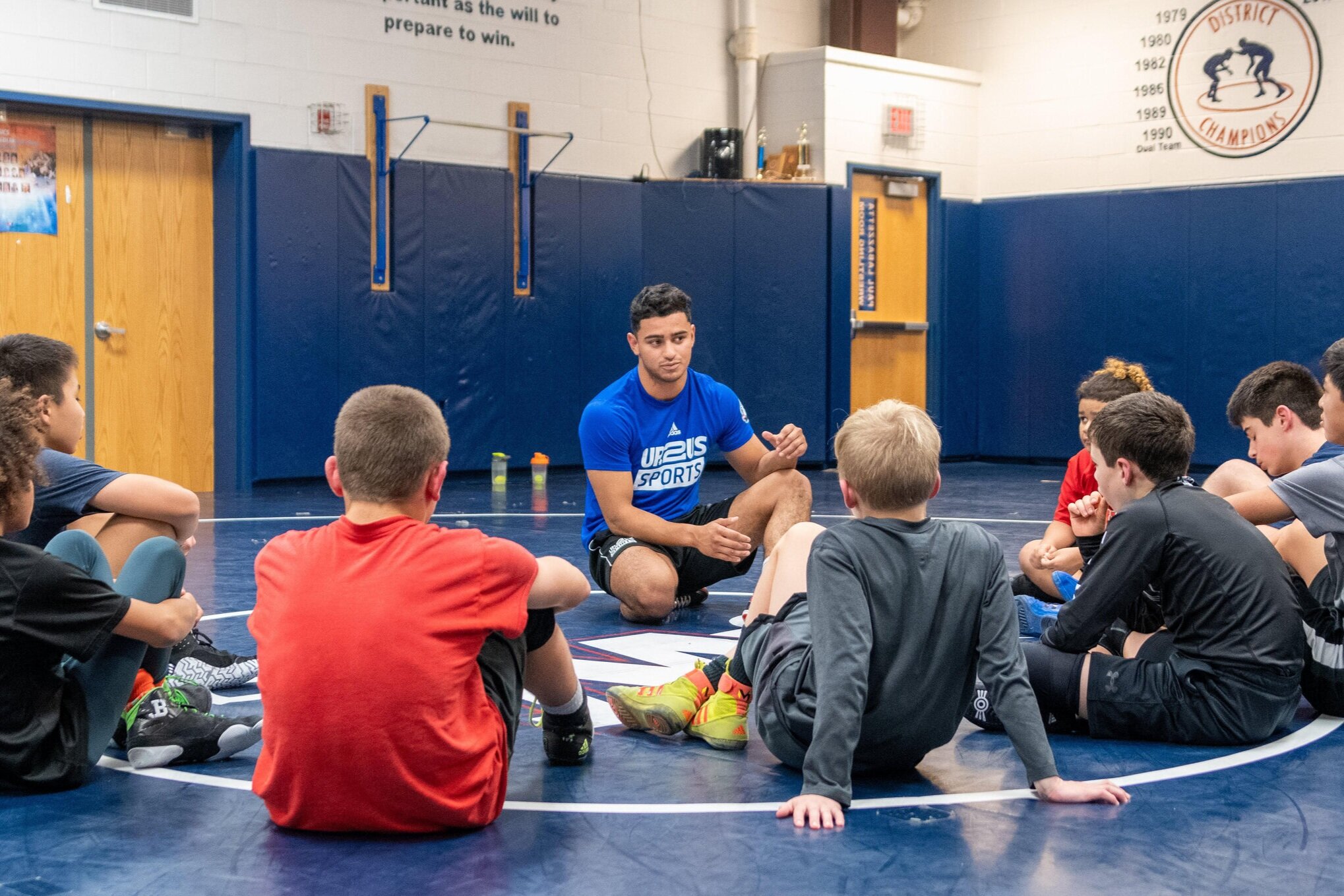March is National Nutrition Month! This year, the theme is “Personalize Your Plate.” What our plate looks like is going to depend on many factors such as access, socioeconomic status, time, personal goals, activity levels, genetics, preferences, and cultural backgrounds. Bodies come in all shapes and sizes and all are worthy of love, acceptance, and nourishment. Food is a way to connect with others, ourselves, and our bodies. Building a healthy relationship with food and our body leads to improved mental, physical, social, and emotional health. It’s so vital to talk to our youth in positive ways when it comes to these topics and to model it is as well.
Here are 5 ways we can better model a healthy relationship with food for youth:
1. Don’t label foods good or bad. By placing moral value on foods, we are teaching youth that they are either “good” or “bad” based on what they eat. If we engage in negative self-talk after eating something or working out to give ourselves permission to eat food we consider “bad” then we are setting the example that food is tied to our worth and needs to be earned based on specific parameters.
2. Preach fueling enough to sustain activity levels. Youth in sport need a lot of energy to maintain their activity levels as they run, kick, jump, and play. When we preach adequate fueling, we are teaching them that food is not something to be feared but celebrated because it helps make them strong and energizes them to do the things that they love.
3. Encourage kids to get in the kitchen and help cook. Bring them grocery shopping and allow them to help create a fun menu for a meal. Cook a favorite family recipe or a recipe from your culture or community. These things foster connection, brings out their curiosity, and allows them to see all of the different and delicious ways foods can be made and eaten.
4. Eat a variety of foods yourself. If we have rules or restrictions on food based on societal messages, then they may question you and feel the need to mimic that. In addition, we may indirectly or directly be projecting those restrictions on to them without even being aware. These rules and restrictions could lead to issues such as poor body image, disordered eating, and eating disorders.
5. Create a positive eating environment. Now, more than ever, our nervous systems need all of the love and care given the challenging times everyone has been experiencing. Our youth have been impacted by the pandemic just as much as we have. Feeling safe in our body and environment is crucial to our well-being. Mealtimes should be fun and adventurous, not dreadful. Have themed meals, play games at the table, encourage sharing of feelings, and talk about their interests. Get creative on how to incorporate safety and fun into meals.
To learn more about National Nutrition Month and ways to develop healthy eating and physical activity habits, visit https://www.eatright.org/food/resources/national-nutrition-month.





